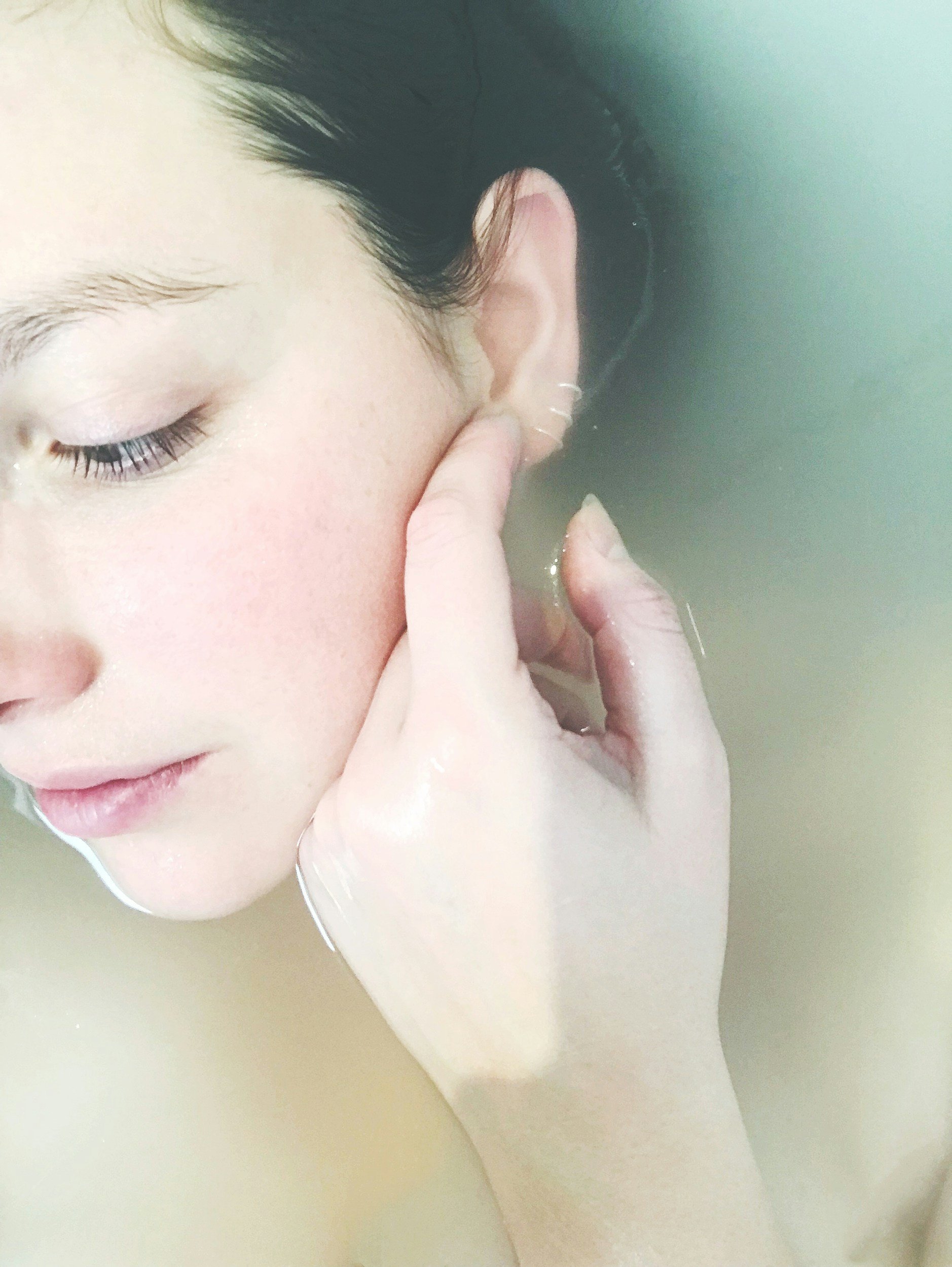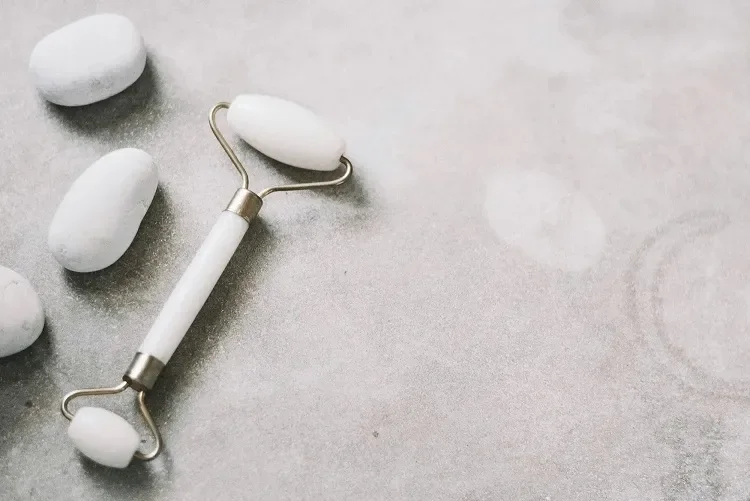What is Holistic Traditional Chinese Medicine (TCM) Dermatology?
Holistic TCM Dermatology is a comprehensive approach to treating skin conditions, focusing on the interconnectedness of the body, mind, and environment. Unlike conventional dermatology, which often treats the skin's symptoms in isolation (e.g., using steroid creams, acids, or strong medications with side effects), TCM dermatology addresses the root causes of skin problems, recognizing that skin health is closely tied to internal imbalances in the body. It could be an imbalance due to
the health of an organ - stomach, lungs, liver, skin etc…
emotional distress or stress
diet or lifestyle
hormones
metabolism
In TCM, the skin is considered a reflection of the body's internal health, particularly the state of the Qi (vital energy), blood, yin, and yang, as well as the balance between the body's internal organs. Holistic TCM dermatology uses a combination of herbal remedies, acupuncture, dietary therapy, and lifestyle adjustments to promote healing from within and restore balance.

What does Holistic TCM Dermatology Treat?
Acne: Often linked to Liver Qi stagnation (stress & hormones), Blood Heat (inflammation), Spleen Qi Deficiency with Dampness (digestive imbalances). Improving acne means improving hormones, inflammation, and digestion.
Eczema (Atopic Dermatitis): Typically caused by dampness, heat, or blood deficiency. Treatment may include herbal formulas to clear heat and dampness or strengthen the spleen and lungs.
Psoriasis: Associated with blood stagnation, wind, or heat in the body. TCM treatments aim to promote blood circulation, clear heat, and moisturize the skin.
Rosacea: Often linked to liver heat or stagnation. Acupuncture, herbs, and dietary modifications are used to calm the skin and reduce inflammation.
Premature Aging/Wrinkles: Caused by kidney deficiency and yin deficiency. TCM may focus on nourishing the kidneys, promoting blood circulation, and balancing Yin-Yang to rejuvenate the skin.
Dry Skin: Commonly a result of yin or blood deficiency, leading to a lack of moisture. Treatment focuses on replenishing Yin and nourishing blood to restore moisture.

Holistic TCM Dermatology Treatments include:
Acupuncture: Acupuncture points related to the internal organs (liver, spleen, kidneys) are stimulated to restore balance and promote healing. Acupuncture can help regulate hormonal imbalances, reduce inflammation, and improve circulation, all of which can benefit the skin.
Herbal Medicine: Chinese herbs are used in formulas tailored to an individual’s constitution and skin condition. Herbs may be used to clear heat, dispel dampness, nourish the blood, or calm inflammation. Common herbs include Rehmannia, Scrophularia, Angelicae Sinensis, Astragalus, Coptidis, Moutan, Sesame Nigrum.
Dietary Therapy: TCM emphasizes a balanced diet that is tailored to the individual’s condition. For instance, foods that are warming (ginger, cinnamon) might be recommended for those with cold or damp skin conditions, while cooling foods (watermelon, cucumber) might be recommended for skin prone to heat or inflammation.
Topical Treatments: Herbal poultices, creams, and oils may be used externally to treat local skin conditions like eczema, acne, or rosacea. These formulations often contain anti-inflammatory, antimicrobial, and soothing herbs.
Lifestyle Recommendations: TCM practitioners may suggest lifestyle changes that support overall health, such as stress management techniques (e.g., Qi Gong, Tai Chi, meditation), adequate sleep, and regular physical activity.
Key Concepts in Holistic TCM Dermatology:
1. The Role of Qi, Blood, and Yin-Yang in Skin Health
Qi: The flow of Qi throughout the body is fundamental to health. In TCM, Qi deficiency or blockage can manifest as skin problems such as dryness, wrinkles, or lackluster complexion. On the other hand, Qi stagnation (blocked energy) can lead to conditions like acne or eczema.
Blood: Healthy, nourishing blood is essential for vibrant, smooth skin. Blood deficiency can lead to dry, dull, and fragile skin, while blood stagnation can result in conditions like rosacea, acne, or psoriasis.
Yin and Yang: These two fundamental forces maintain the balance of the body. Yin represents nourishment, moisture, and cooling, while Yang represents warmth, activity, and dryness. An imbalance between Yin and Yang can lead to different skin issues. For instance, excess Yang (heat) may cause acne, while Yin deficiency may cause dryness, premature aging, or fine lines.
2. The Role of Internal Organ Systems
Liver: In TCM, the liver is crucial for the smooth flow of Qi and blood. Liver Qi stagnation or liver heat can manifest as acne, especially along the jawline, or skin rashes. When the liver is out of balance, it may also affect the health of the skin’s oil production.
Spleen: The spleen is responsible for transforming food and fluids into Qi and blood. Weak spleen Qi can lead to dampness or phlegm accumulation, resulting in conditions like eczema, hives, or cystic acne.
Lungs: The lungs govern the skin in TCM. If the lungs are weak or affected by external pathogens (like wind or heat), it can lead to dry skin, itching, or rashes. Chronic conditions like psoriasis or eczema are often linked to lung dysfunction in TCM.
Kidneys: The kidneys are the foundation of the body’s vitality and aging process. Kidney deficiency, especially a lack of Yin, is often associated with dry skin, premature aging, and wrinkles. The kidneys also influence the skin's moisture levels.
3. Environmental and Emotional Factors
External Factors: In TCM, external factors like wind, heat, cold, and dampness can invade the body and affect the skin, leading to conditions like acne, rashes, or hives. For example, excessive heat or humidity can cause outbreaks of pimples or eczema, while cold and dry weather can exacerbate conditions like psoriasis or dry skin.
Emotional Factors: Emotions play a significant role in TCM dermatology. Stress, anger, anxiety, and sadness can affect the flow of Qi and blood, leading to skin issues like acne, rosacea, or eczema. For example, liver Qi stagnation, often linked to stress and frustration, is a common cause of acne breakouts, especially around the chin and jawline.

